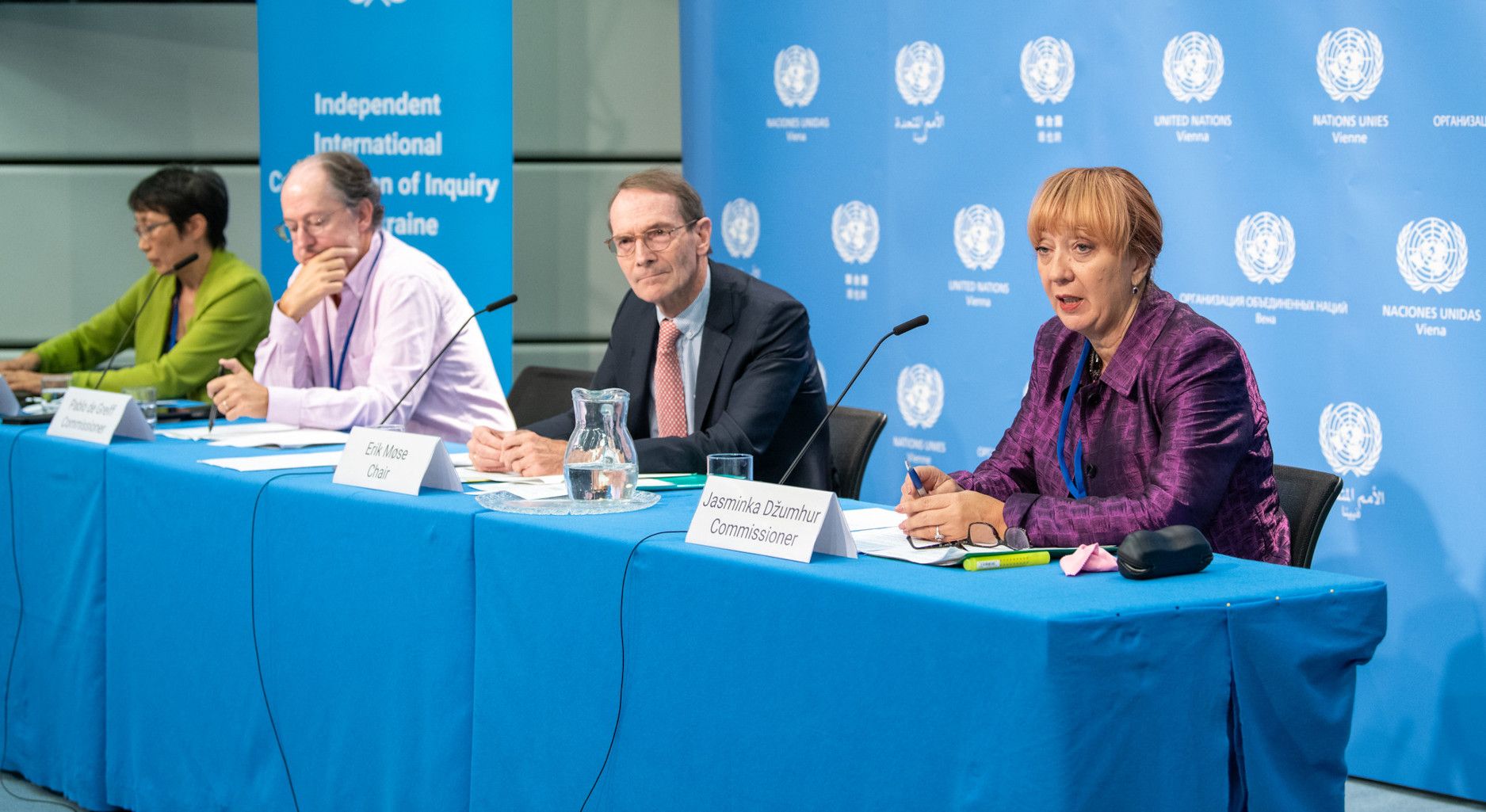From Facts to Norm Violations and Accountability? The Independent International Commission of Inquiry on Ukraine
The Independent International Commission of Inquiry on Ukraine—established by the United Nations Human Rights Council in March 2022—published its report on 15 March 2023, detailing numerous violations of international human rights, criminal and humanitarian law, primarily carried out by Russian forces. Such commissions of inquiry are essential when other enforcement mechanisms are blocked, and can provide avenues for accountability in national, regional, and international courts. The full-scale attention of international institutions on Ukraine is a critical moment to strengthen the work of international fact-finding missions for future and existing armed conflicts.
